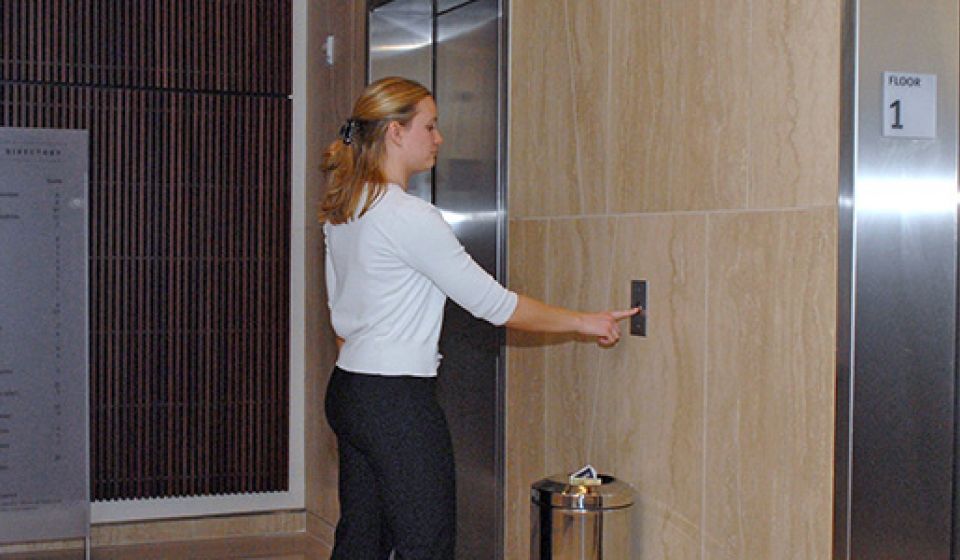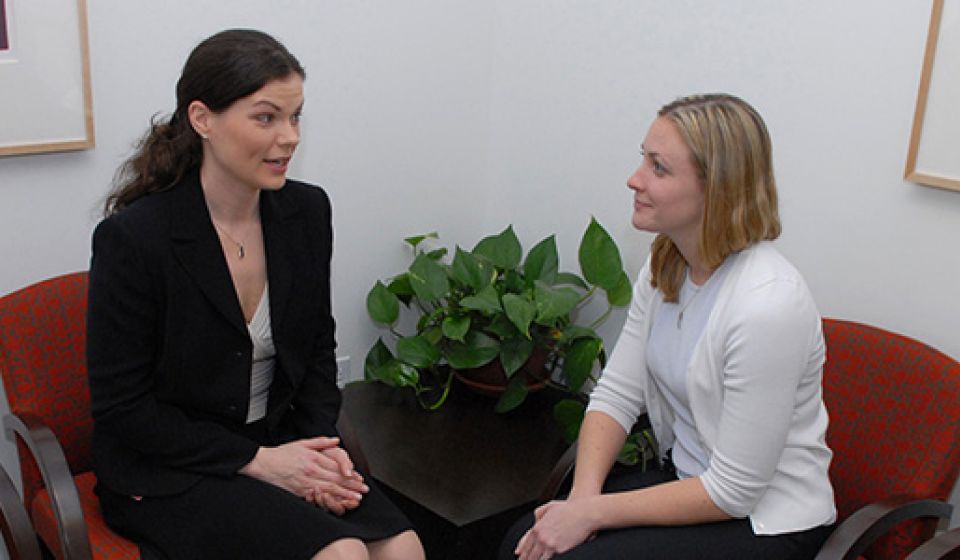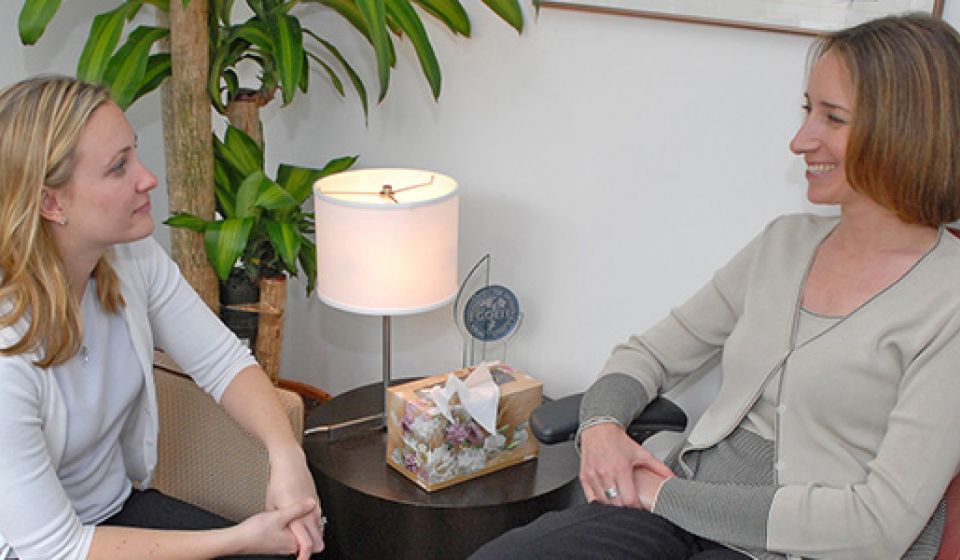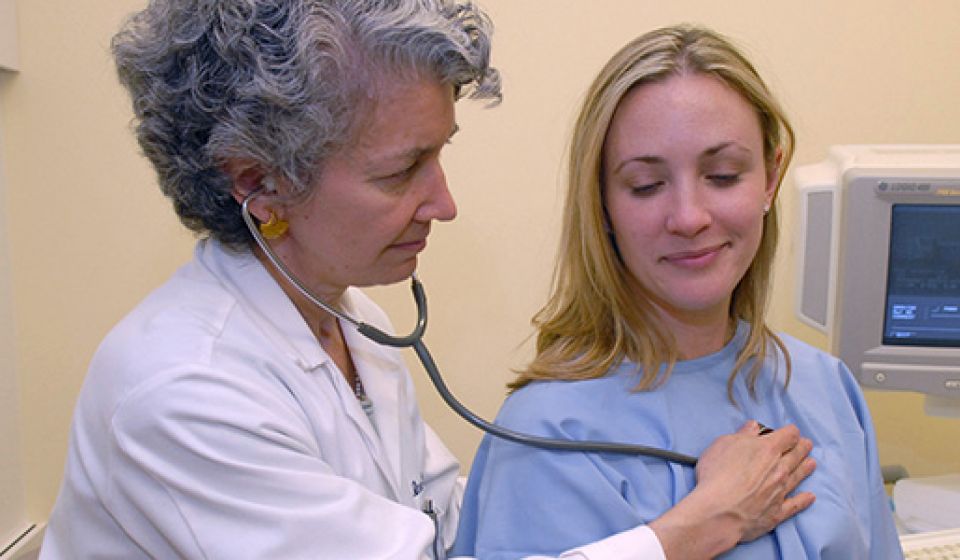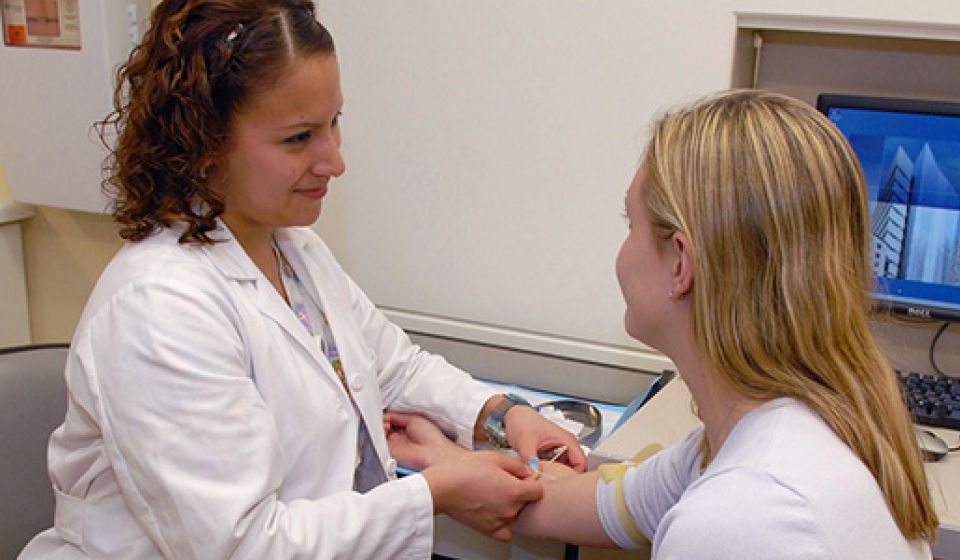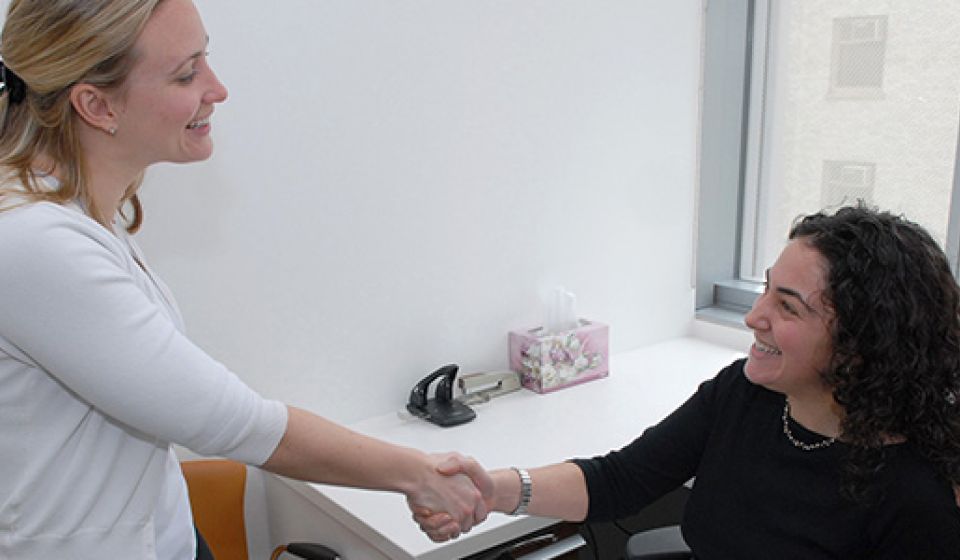1. Complete our Questionnaire
Your first step as an egg donor at Weill Cornell Medicine is to fill out our secure questionnaire. You will be invited for a consultation if the questionnaire shows that you are a good candidate for donation.
2. Consultation and Screening
The initial visit includes a physical examination, psychological testing, blood tests, and genetic screening. We will answer questions and discuss side effects and risks. Once you are approved as a donor, we will match you to a family and set a date that is convenient for you to begin the egg donation cycle. Usually the actual donation cycle is about a month after the consultation.
3. Donation Cycle (about two weeks)
A. Follicular Development
We try to obtain multiple eggs to increase the chance of success with egg donation. You will be treated with injectable fertility medications that stimulate the development of a number of eggs. These medications have been used for over 30 years and are the same drugs used by infertile women undergoing IVF. You will receive these medications free of charge, along with detailed information and instructions. We will teach you to give yourself the injections--and it's not as hard as you might think.
B. Monitoring Your Cycle
The donation cycle usually takes about two weeks. During those two weeks, you will need to make daily early morning visits to Weill Cornell Medicine' Upper East Side location for blood tests and ultrasounds.
These visits last less than 20 minutes (usually only 15 minutes), and are scheduled between 7:00 AM and 8:30 AM. This daily monitoring allows us to adjust the dose of medication that you take each day and is important for your safety as well as the success of the program.
C. Egg Retrieval
At a certain time (usually 9 to 13 days after you start injections), your eggs will be ready to be retrieved. On the day of the retrieval, you must cancel your usual activities — work, school and social activities — so that you can have the procedure and then rest and recover afterwards. You will sleep during the procedure (an anesthesiologist will give you IV sedation), and you will not feel pain.
The procedure takes about 20 minutes. The doctor doing the retrieval uses ultrasound to see exactly where the eggs are. He or she uses a small needle, directed by the ultrasound, to take the eggs from the ovary. There are no incisions or stitches involved. After the procedure is complete, you will be taken to the general recovery room for approximately 45-60 minutes. Because you will have received IV sedation, you will need a friend or family member to escort you home.
D. After Egg Donation
During the cycle, you may experience mild side effects including tenderness in the breasts or ovaries, fluid retention, and moodiness. After the retrieval, these can take up to two weeks to disappear completely.
As with any procedure, there are risks to egg donation. Serious risks are rare and include hyperstimulation syndrome, ovarian torsion (twisting), infection, and bleeding. These will be discussed in detail during your consultation with the physician.
Occasionally donors experience ambivalence or uncertainty during or after the cycle. Our psychologists are available at any time to offer emotional support. Most donors, however, experience personal satisfaction from the donation process.




